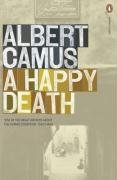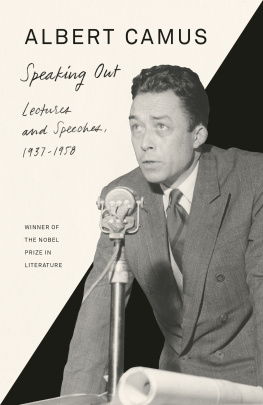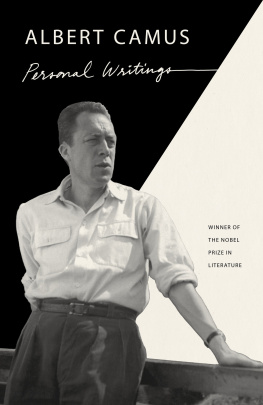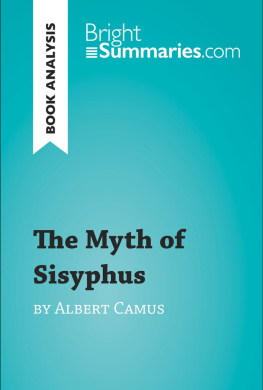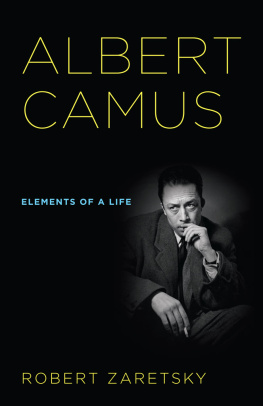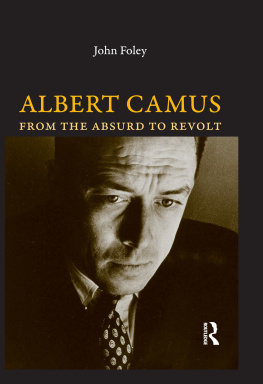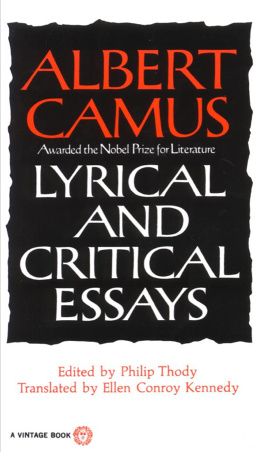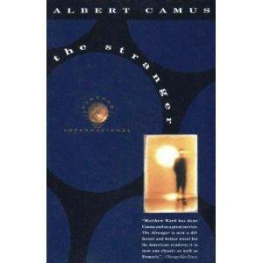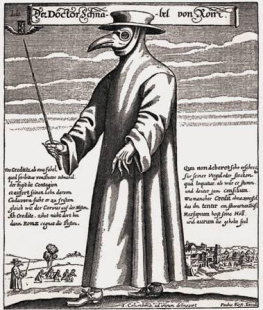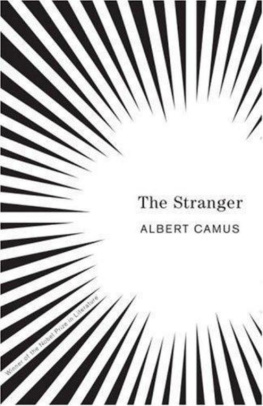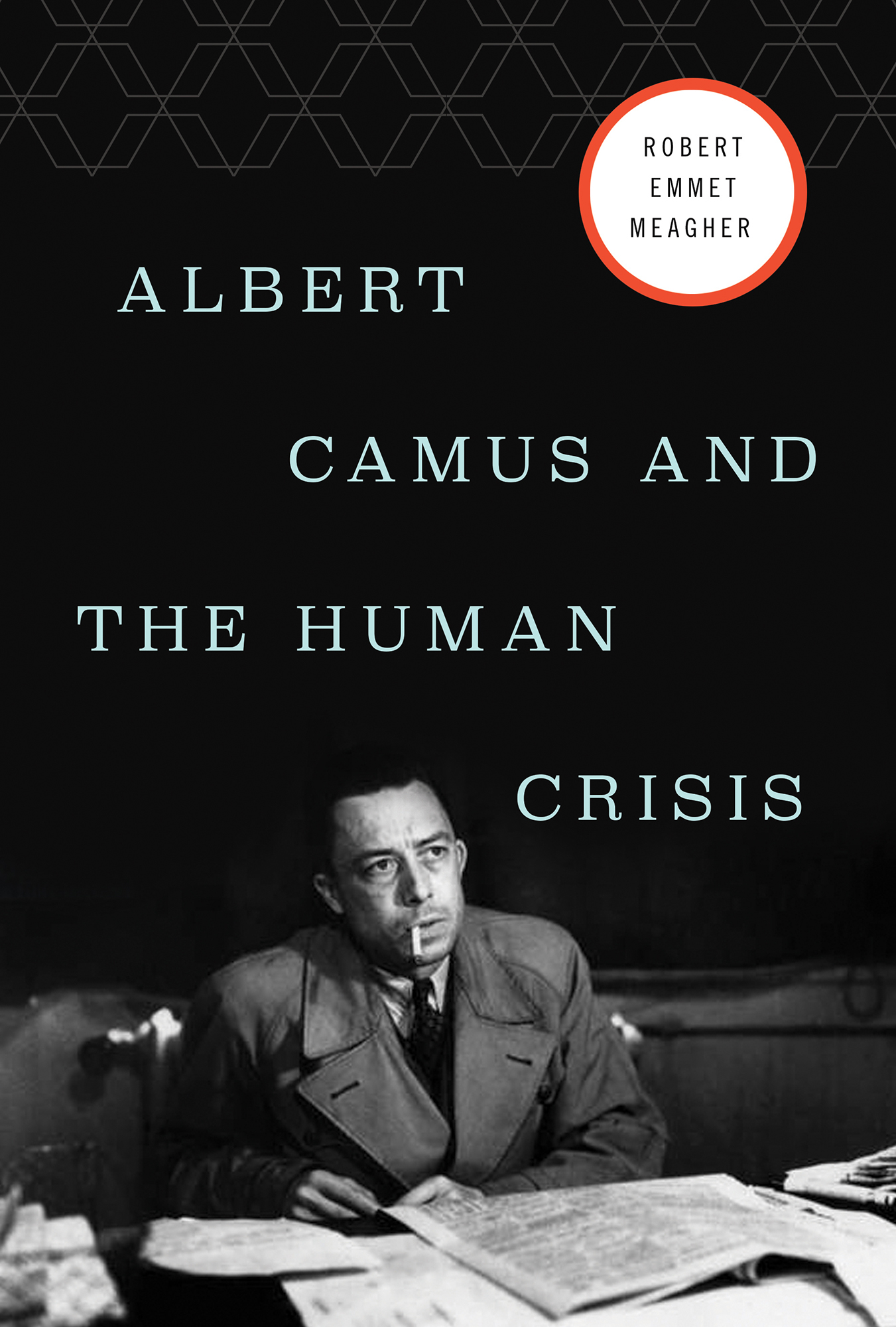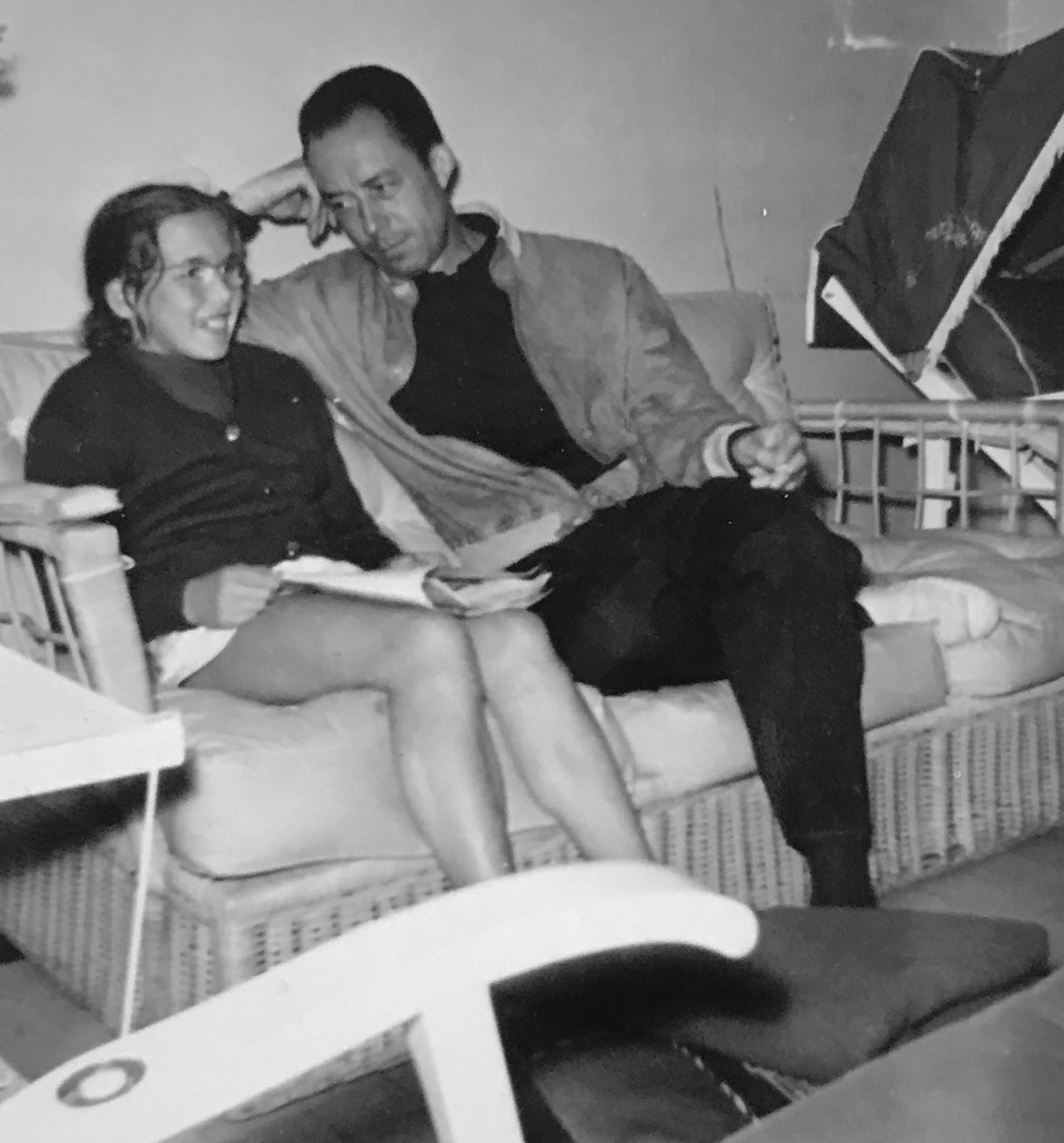Robert E. Meagher - Albert Camus and the Human Crisis
Here you can read online Robert E. Meagher - Albert Camus and the Human Crisis full text of the book (entire story) in english for free. Download pdf and epub, get meaning, cover and reviews about this ebook. year: 2021, publisher: Pegasus Books, genre: Religion. Description of the work, (preface) as well as reviews are available. Best literature library LitArk.com created for fans of good reading and offers a wide selection of genres:
Romance novel
Science fiction
Adventure
Detective
Science
History
Home and family
Prose
Art
Politics
Computer
Non-fiction
Religion
Business
Children
Humor
Choose a favorite category and find really read worthwhile books. Enjoy immersion in the world of imagination, feel the emotions of the characters or learn something new for yourself, make an fascinating discovery.

- Book:Albert Camus and the Human Crisis
- Author:
- Publisher:Pegasus Books
- Genre:
- Year:2021
- Rating:5 / 5
- Favourites:Add to favourites
- Your mark:
Albert Camus and the Human Crisis: summary, description and annotation
We offer to read an annotation, description, summary or preface (depends on what the author of the book "Albert Camus and the Human Crisis" wrote himself). If you haven't found the necessary information about the book — write in the comments, we will try to find it.
As Franceand all of the worldwas emerging from the depths of World War II, Camus summed up what he saw as the human crisis:
We gasp for air among people who believe they are absolutely right, whether it be in their machines or their ideas. And for all who cannot live without dialogue and the friendship of other human beings, this silence is the end of the world.
In the years after he wrote these words, until his death fourteen years later, Camus labored to address this crisis, arguing for dialogue, understanding, clarity, and truth. When he sailed to New York, in March 1946for his first and only visit to the United Stateshe found an ebullient nation celebrating victory. Camus warned against the common postwar complacency that took false comfort in the fact that Hitler was dead and the Third Reich had fallen. Yes, the serpentine beast was dead, but we know perfectly well, he argued, that the venom is not gone, that each of us carries it in our own hearts. All around him in the postwar world, Camus saw disheartening evidence of a global community revealing a heightened indifference to a number of societal ills. It is the same indifference to human suffering that we see all around, and within ourselves, today.
Camuss voice speaks like few others to the heart of an affliction that infects our country and our world, a world divided against itself. His generation called him the conscience of Europe. That same voice speaks to us and our world today with a moral integrity and eloquence so sorely lacking in the public arena.
Few authors, sixty years after their deaths, have more avid readers, across more continents, than Albert Camus. Camus has never been a trend, a fad, or just a good read. He was always and still is a companion, a guide, a challenge, and a light in darkened times. This keenly insightful story of an intellectual is an ideal volume for those readers who are first discovering Camus, as well as a penetrating exploration of the author for all those who imagine they have already plumbed Camus depthsa supremely timely book on an author whose time has come once again.
Robert E. Meagher: author's other books
Who wrote Albert Camus and the Human Crisis? Find out the surname, the name of the author of the book and a list of all author's works by series.

